Many out-of-town students living in tents on Tiananmen Square died inside them. (Photo: DaJiYuan ImageLib / Dajiyuan)
[People News] Hu Dehua, son of former Chinese Communist Party (CCP) General Secretary Hu Yaobang, passed away on the night of March 30 due to illness at the age of 77. According to mainland Chinese state media Hongchuan Media, Hu Dehua’s funeral committee has confirmed his passing. Chen Xiaoqin, daughter of founding general Chen Shiju, also revealed on Weibo that Hu Dehua suffered a sudden cardiac arrest at home around 11 PM that evening and unfortunately passed away.
Diagnosed with Anemia in 2022
On March 31, Hongchuan Media published an obituary on its official WeChat public account, citing information from Hu Dehua’s funeral committee. Scholar Wang Mingyuan wrote that Hu collapsed late at night in his living room, and by the time his family discovered him, he was already in critical condition and ultimately did not survive.
Wang also noted that Hu Dehua had been diagnosed with anemia around the Mid-Autumn Festival in 2022 and required periodic blood transfusions. However, his condition had been under control, making his sudden cardiac arrest unexpected. He lamented, "Mr. Dehua's passing is deeply regrettable. His father, Hu Yaobang, also died suddenly back then—both father and son left us so unexpectedly."
Former Yanhuang Chunqiu Vice President, Advocate for Reform and Freedom of Speech
Born in 1948 in Liuyang, Hunan, Hu Dehua was Hu Yaobang’s third son. He began his career in scientific research in 1986, serving as a director at the Chinese Academy of Sciences Software Center. In 1994, he established a technology company specializing in software for banking, finance, and office systems. Later, he joined the outspoken magazine Yanhuang Chunqiu as vice president, maintaining close ties with liberal CCP veterans like the late Li Rui and Du Daozheng. His words and actions were seen as an extension of his father Hu Yaobang’s “seek truth from facts” philosophy, making him a key figure in the reformist faction within the CCP.
Criticized Political Stagnation, Disappointed in Xi Jinping
In recent years, Hu Dehua had repeatedly criticized the increasing rigidity of China’s political system, bluntly stating that “the window for reform has closed.” In an interview, he remarked that the CCP’s current system prioritizes the party’s interests over those of the people and warned against Xi Jinping’s growing centralization of power. Initially, in 2012, Hu had high hopes for Xi, but he later expressed deep disappointment over Xi’s failure to implement constitutional reforms, arguing that China’s political environment was rapidly regressing.
As of the morning of April 1 (Beijing time), major Chinese state media outlets such as Xinhua News Agency and People’s Daily had not reported on Hu Dehua’s death. This is likely due to the sensitive history of Hu Yaobang, who was a leading reformist figure in the 1980s. In 1987, he was dismissed as General Secretary for failing to suppress “bourgeois liberalization.” His death in 1989 became a catalyst for the Tiananmen Square protests. As a result, the CCP has maintained a low profile regarding news related to the Hu family.
However, on social media platforms such as Weibo and WeChat, many netizens have posted tributes to Hu Dehua, praising the “integrity” and “honesty” of the Hu family. Nevertheless, these posts have faced some level of censorship, with many being deleted or having their visibility restricted.
Bleak Future for Reformists Amid Growing Challenges
Hu Dehua’s passing is seen as a significant loss for China’s liberal faction. He had edited My Thoughts on Yaobang to commemorate his father’s reformist ideals. With his death, reformists may increasingly rely on Hu Yaobang’s historical legacy as an ideological resource. However, transforming this legacy into real action remains a daunting challenge.
In recent years, as key reformist figures have gradually passed away, the already weak voices of political reform have been further suppressed, making systemic change even less likely. Some analysts predict that as political space continues to shrink, some liberal-leaning individuals may adopt more radical approaches to resist the increasing political pressure.
(Reposted from Radio Free Asia)

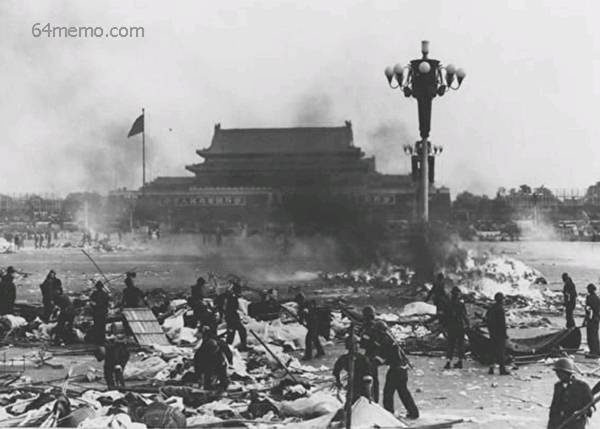
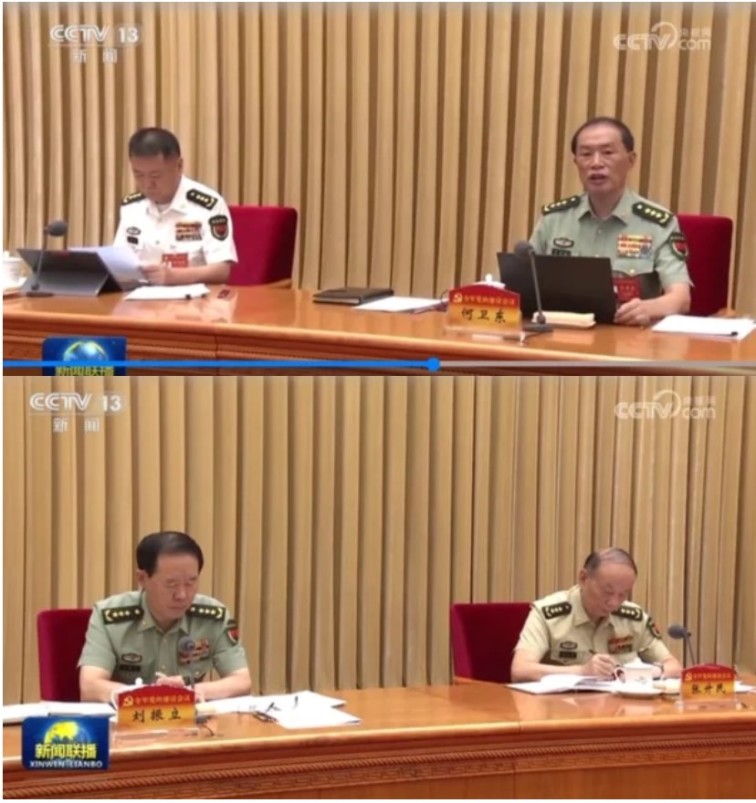
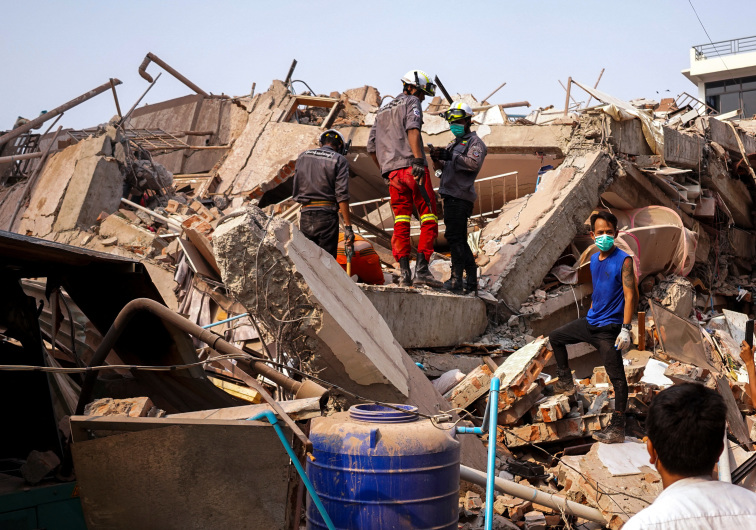
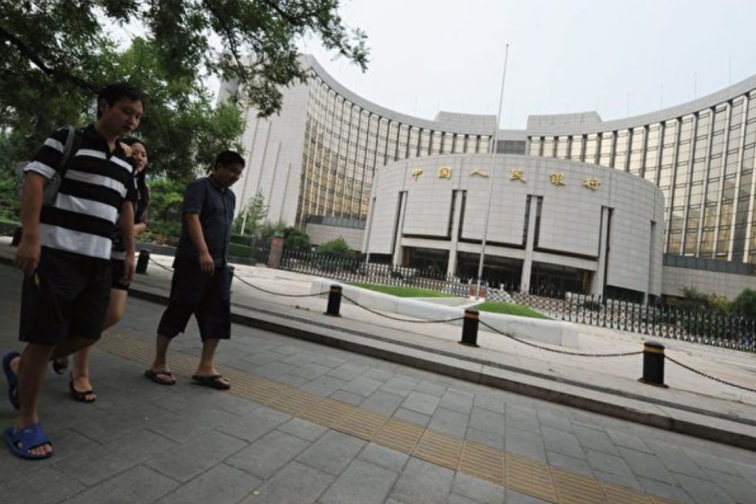
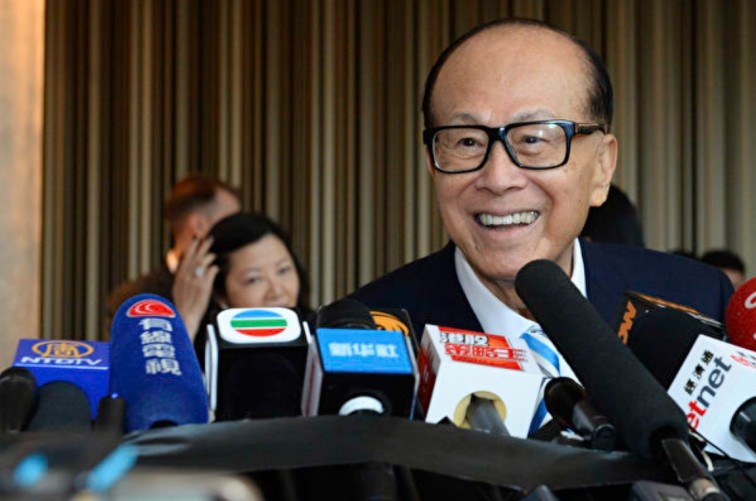
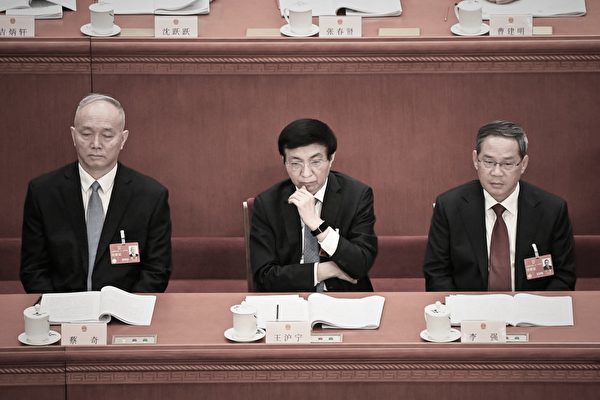

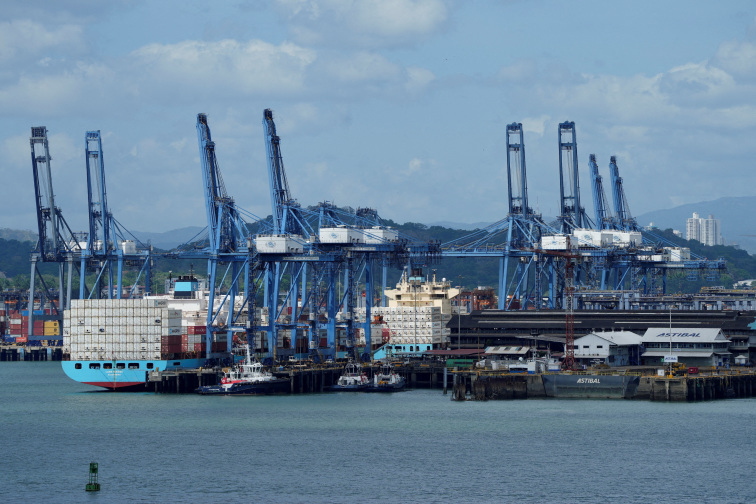


News magazine bootstrap themes!
I like this themes, fast loading and look profesional
Thank you Carlos!
You're welcome!
Please support me with give positive rating!
Yes Sure!